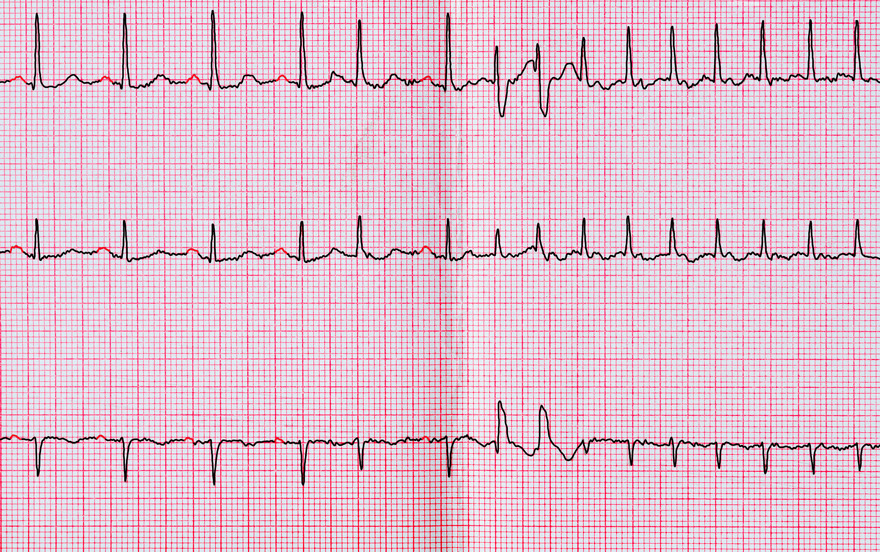Advertisment
Anticoagulants for atrial fibrillation with valvular heart disease differ in safety

A large retrospective study of patients diagnosed with atrial fibrillation (AF) and valvular heart disease (VHD) showed that apixaban treatment was associated with a lower rate of ischemic stroke or systemic embolism and a lower rate of intracranial or gastrointestinal bleeding than rivaroxaban treatment.
Researchers reported these findings on Oct. 17, 2022 in the Annals of Internal Medicine
As background, the authors said, “Although apixaban and rivaroxaban are commonly used in patients with atrial fibrillation (AF) and valvular heart disease (VHD), there is limited evidence comparing the 2 drugs in these patients. [The objective was] to emulate a target trial of effectiveness and safety of apixaban and rivaroxaban in patients with AF and VHD.”
The primary effectiveness outcome was measured by a composite of ischemic stroke or systemic embolism. The primary safety outcome was measured by a composite of gastrointestinal or intracranial bleeding.
Eligible subjects were new users of apixaban or rivaroxaban who had received a diagnosis of AF and VHD before using either anticoagulant.
Of the 33,907 subjects, 23,712 were treated with apixaban and 10,195 were treated with rivaroxaban.
The incidence rate of ischemic stroke or systemic embolism per 1,000 person-years of follow-up was 5.2 among apixaban-treated subjects and 9.1 among rivaroxaban-treated subjects.
The incidence rate of GI or intracranial bleeding per 1,000 person-years of follow-up was 14.3 among apixaban-treated subjects and 28.1 among rivaroxaban-treated subjects.
The investigators reported no statistically significant difference in all-cause mortality between the two cohorts.
The authors concluded, “These findings have important clinical implications for patients with AF and VHD. Valvular heart disease is common among patients with AF. The presence of VHD increases the risk for death, major adverse cardiovascular events, and major bleeding. Despite the common use of apixaban and rivaroxaban in this population, direct comparisons are lacking. The current study addresses this major knowledge gap and provides timely evidence that we believe clinicians should consider when selecting anticoagulants in patients with AF and VHD.”





